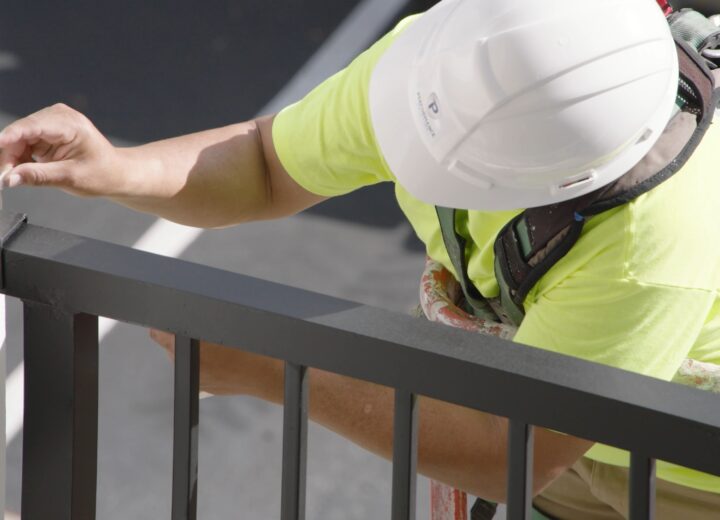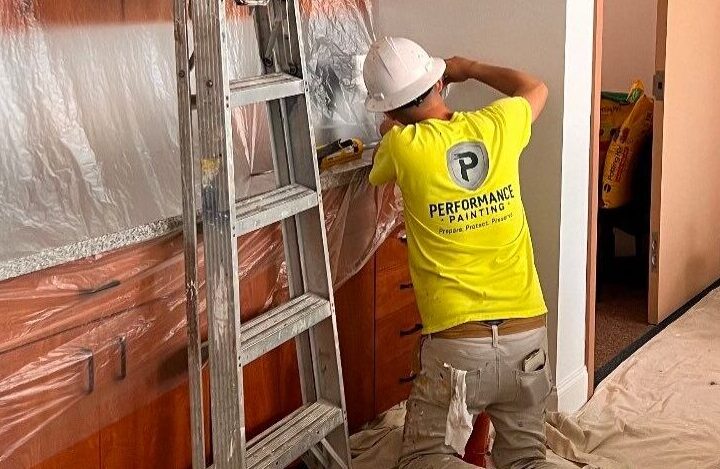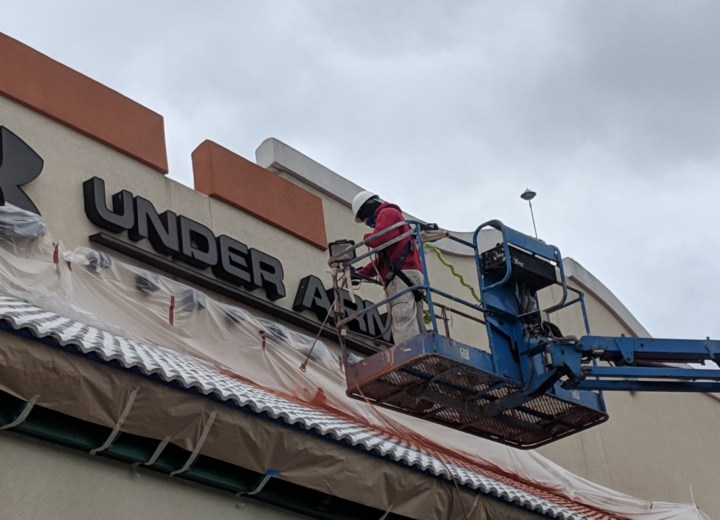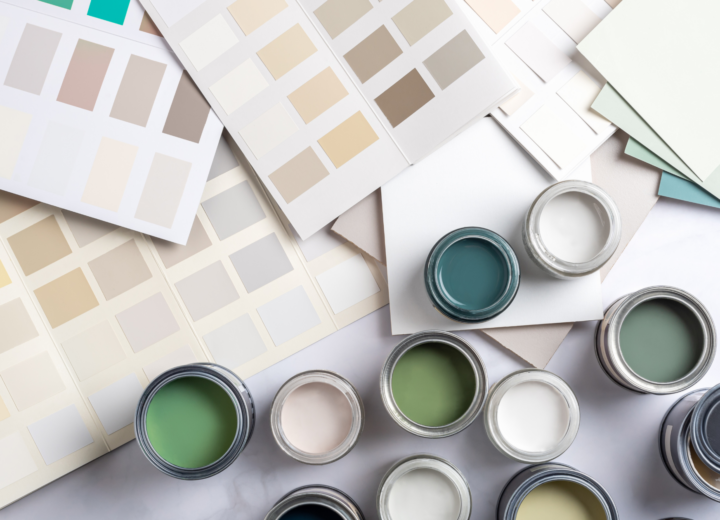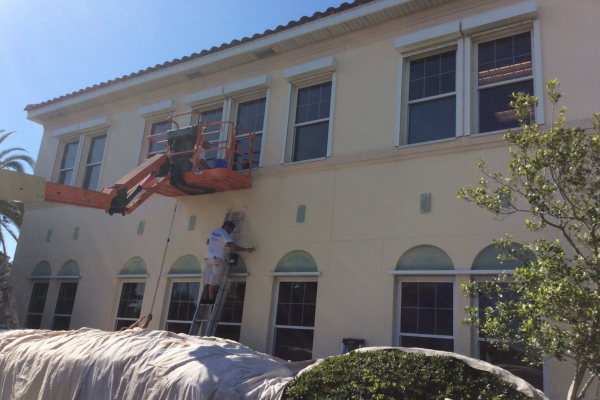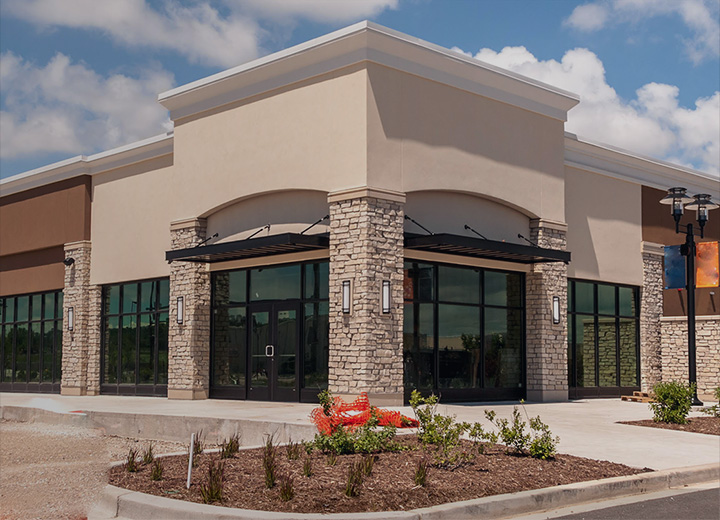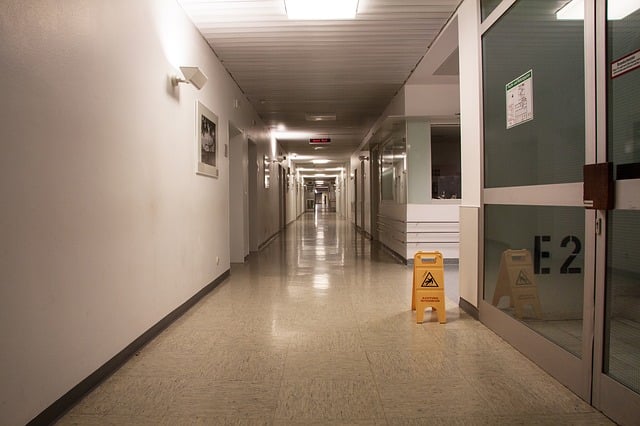
Have you ever gone into a business and looked down and thought, “I wonder, how much bacteria could be on this floor”?
If you think about it, every floor that you come into contact with, whether it is in an industrial, commercial, or even within our own residential areas, will have a myriad of microbial bacteria. There is a solution that can help control the environment from possible health damaging exposure. Having the floors covered with a high grade antimicrobial coating is a great start to ensuring the health and safety of your workers and customers.
Many industries already rely on such flooring systems due to strict regulations within sectors such as the food or medical industry.
What Does Antimicrobial Flooring Defends Against?
Floors with antimicrobial added agents are much better protected than those that are covered with an antibacterial agent, as it defends against a much broader range of damaging organisms. The antimicrobial shields against things such as bacteria, fungus, parasites, as well as viruses. As you can see, it’s a much broader range.
Various minute organisms it protects against include:
- Algae
- Bacteria
- Fungi
- Mildew
- Mold
- Protozoa
- Various Worms
- Viruses
- Yeast
Forms of Antimicrobial Flooring Systems
With many kinds of antimicrobial floor covering systems that one can use, it can be hard to know which type is the best to use for your situation. When unsure, it is advisable to seek an expert’s advice.
Some basic forms are:
- Cementitious Urethane
- Epoxy
- Polyaspartic
- Polyurethane
- Urethane
Now that we have gone over what antimicrobial coatings can defend against and the different forms of coatings that one can use, let us discuss the different areas where this helpful covering can be used.
Their Use
Due to Government regulations, certain businesses and industries are required to have bacterial and or microbial resistant flooring systems, while others should consider its use to keep workers and customers healthier.
These coatings are best used within the following areas:
- Airport Facilities
- Animal Care Facilities
- Animal Research Facilities
- Assisted Living Facilities
- Boarding Kennels
- Cafeterias
- Clean Rooms
- Clinics
- Cold Storage
- Commercial Kitchens
- Food & Beverage Processing Plants
- Grocery Stores
- Health Clubs
- Hospitals
- Jails
- Kitchens
- Laboratories
- Laundromats
- Locker & Shower Rooms
- Medical Facilities
- Office Spaces
- Pharmaceutical Facilities
- Research Facilities
- Restaurants
- Restrooms
- Schools
- Shelters
- Showrooms
- Stores
- Walk-in Freezers
- Wastewater Treatment Plants
Other Benefits to Antimicrobial Flooring Systems
As you can see, there are many places and facilities that antimicrobial flooring systems can be used at. These extraordinary coatings are beneficial in others ways as well.
Antimicrobial coatings are also:
- Durable
- Easy to Clean
- Easy to Install
- Harmless to Animals
- Long Lasting
- Have low to No VOC Emissions
- Non-allergenic
- No Transfer of Odors
- Aesthetically pleasing
- Skid-resistant
- United States Department of Agriculture Approved
- Water Resistant
- Resistant to Severe Chemical Corrosives
- Able to Withstand Heavy Equipment
Now that you can see how using antimicrobial systems can help for floors, it should also be noted that there are also resistant paints and coatings that can be used on walls as well.
If you are considering the use of an antimicrobial floor coating to help lower contaminates in or around your structure, think about adding additional protection to the walls as well.
Of course, you will still need to clean any surfaces according to the manufacturer’s specifications so that you will have the cleanest surface possible and pass inspections every time.
One of the nice things about this type of coating is that it can be applied to various surfaces and over existing ones. As long as the substrate is clean when applying, there should be no other problems.
Unlike some flooring systems, antimicrobial coatings (if done correctly) can ensure that nothing gets underneath the surface of the floor. If contaminants are able to find its way under your flooring system, it can lead to more than just moisture damage.
Once the moisture starts, it can become a breeding ground for things such as mold, mildew and fungus. Since microorganisms are everywhere – such as on our shoes, products that we interact with, and in the air we breathe – it is essential that we do everything we can to combat illness that can be created by them.
When walking into an establishment, you shouldn’t have to stop and wonder if you are within a clean environment. It is up to the business to make sure that everything is as clean as possible, and by having an antimicrobial flooring system in place, you will be that much closure to that goal.

